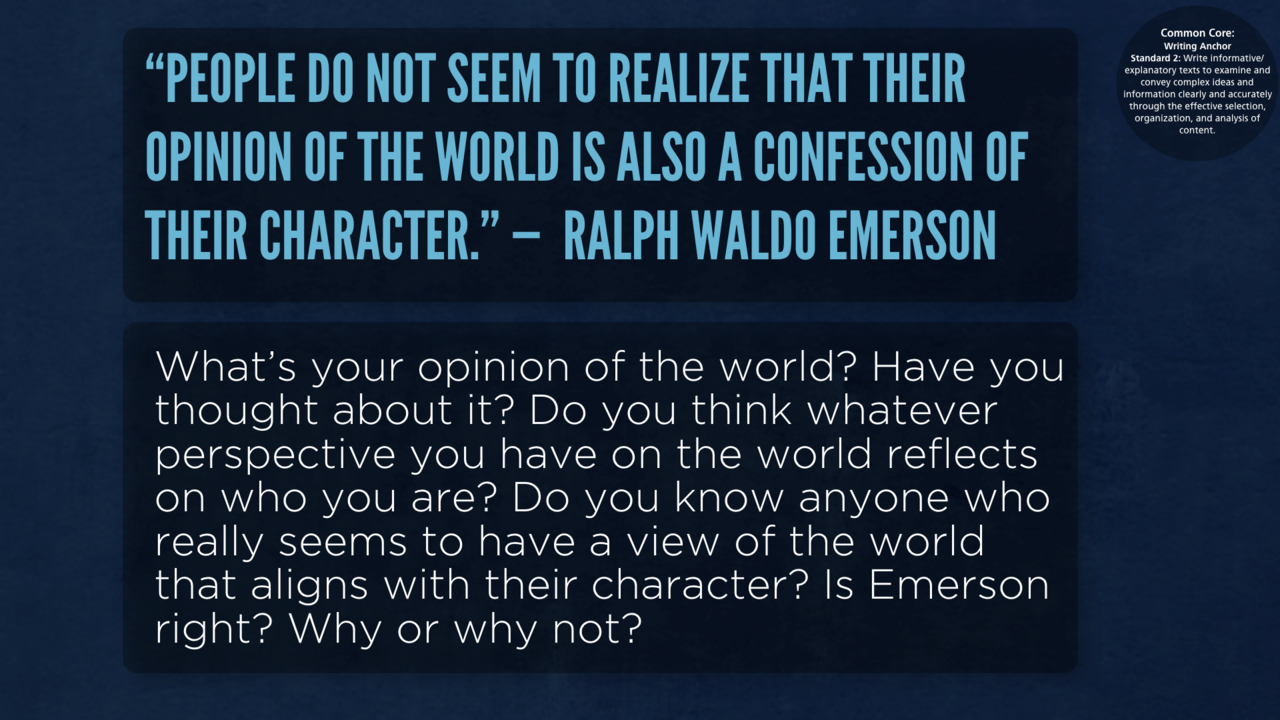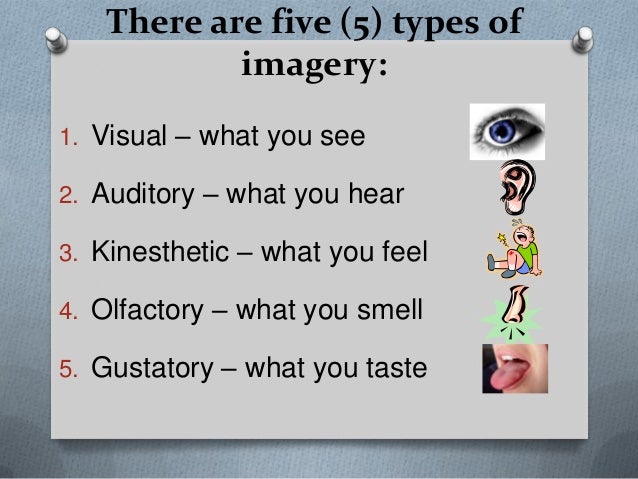September 3, 2019
Standards
RL.9-10.3 Analyze how complex characters develop over the course of a text, interact with other characters, and advance the plot or develop the theme.
Obj: I can analyze complex characters and their development throughout Julius Caesar.
Starter
Why is the life of an individual less important than the well-being of a society? Or is it?
Respond to the question in 3-5 sentences.
Vocabulary
Word: Character
Part of Speech: Noun
Dictionary Definition: : one of the attributes or features that make up and distinguish an individual
Your Definition:
Activity: Describe your character.

Activity:
1. Presentations
For the two other presentations, write down three facts.
2. Julius Caesar 1.1-1.2
Characters
Flavius
Carpenter
Marullus
Cobbler
Caesar
Casca
Calphurnia
Antony
Soothsayer
Brutus
Cassius
Discussion Questions
Act One Scene One
1. Why are the commoners wandering the streets instead of working?
2. How do Flavius and Marullus feel about the celebration?
3. How do Flavius and Marullus show their feelings toward Caesar?
Act One Scene Two
1. What does the Soothsayer tell Caesar?
2. Why does Cassius think Caesar isn’t fit to be king?
3. How does Brutus respond to Cassius’ ideas?
4. What does Caesar think about Cassius?
5. What is Casca’s opinion of the way Caesar refused the crown?
6. How does betrayal begin to appear in Julius Caesar?
3. Character Journal
In small groups, complete a journal from the perspective of Caesar, Antony, Brutus, or Cassius.
Closure:
Based on the character you wrote the journal for, what is your opinion of them?








